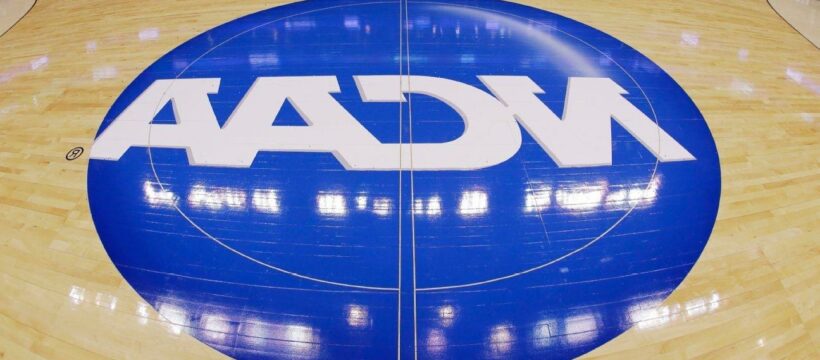The NCAA Division I transformation committee is recommending more sport-by-sport governance, enhanced expectations for Division I schools to create a more uniform experience for athletes and allowing 25% of teams in certain sports to compete in championship events.
• Schools and conferences should create student-athlete advisory committees, similar to those used by the NCAA to allow athletes to be more involved in decisions.
• Require more accountability, training and certification for coaches.
The committee has also recommended expanding permissible benefits to athletes to include more pay for travel, elite training away from the school, educational incidentals and more money toward housing and meals.
Under governance, the committee recommended the creating of sport-by-sport oversight committees similar to those used in basketball and football. A movement to decentralize the governance of college athletics was spurred by the Supreme Court’s unanimous decision against the NCAA in June 2021 in an antitrust case.
Soon after that ruling, Mark Emmert, now the outgoing NCAA president, called for shifting the power structure of the association to create a more deregulated version of college sports. First, the NCAA streamlined its constitution, cutting it by more than half to focus on the overarching goals of the association: providing broad opportunities for participation in college sports and having those involved remain students.
That set the stage for a broader reform of Division I, in which there are 363 Division I schools with athletic budgets ranging from well over $100 million annually to less than $10 million. The transformation committee was tasked with examining Division I membership qualifications, athlete benefits, access to championship events, revenue sharing, governance, enforcement and transfer rules.
From the start, Sankey has tried to temper expectations about the committee’s work, pointing out that what qualifies as transformation of Division I was never clearly defined by the board.
Over the past few months, it became clear that while reforms would and could be made — the committee’s recommendations regarding sport-specific time periods when athletes could transfer and retain immediate eligibility have already been adopted — radical change would not happen.
The committee instead handed off several items to the NCAA Division I Legislative Committee Modernization of the Rules Subcommittee, such as the elimination of the volunteer coach designation and a cap on recruiting visits.
For the Division I board, the committee recommended review on rules regarding athletes entering professional drafts and using agents.
Source: Read Full Article
